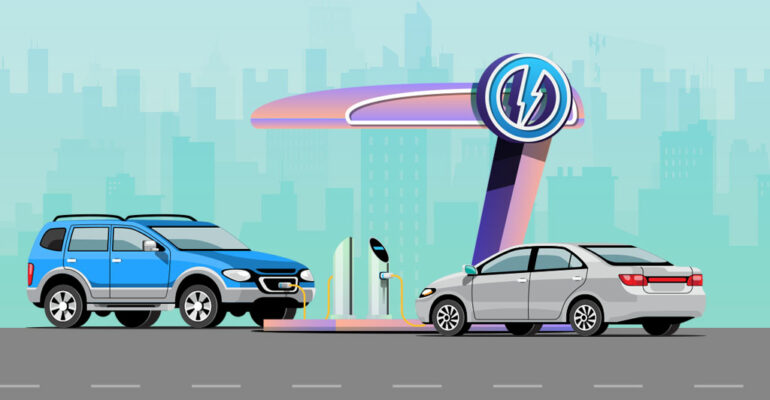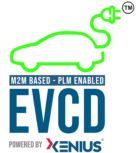Why Businesses Should Adapt EVs to Their Fleet?
December 15, 2022 2022-12-16 12:34Why Businesses Should Adapt EVs to Their Fleet?

Why Businesses Should Adapt EVs to Their Fleet?
Electric vehicles (EV) were once thought to be futuristic. They were only used as a gimmick in Hollywood science-fiction movies. EVs, on the other hand, are now available in the real world. We can now test it to see how EVs impact the environment. Driving an electric vehicle can help reduce one’s carbon footprint because there are no tailpipe emissions. Rising oil import costs, rising pollution, escalating price inflation from the Russia-Ukraine war, and international commitments to combat global climate change are the primary reasons why the government is pushing the initiative to transition from ICE-based vehicles to EVs.
Hundreds of thousands of small, medium, and large-scale industries and businesses rely on transportation directly or indirectly. The cost of transportation is factored into the final cost of raw materials. Millions of two-wheelers are available to e-commerce websites in order to deliver orders on time. Uber and Ola have thousands of cars in their fleets per city to serve their customers. Companies such as Zomato, Swiggy, and Zepto have millions of vehicles in their fleet, and their entire operation is heavily reliant on these vehicles.
These fleets have very high operational and maintenance costs because they use a lot of fuel to operate. Companies must bear the cost of ever-increasing fuel prices. As a result, these businesses must spend a significant portion of their revenue on fleet operation and maintenance. The impact of these fleet on the environment is detrimental.
EVs have lower operating and maintenance costs than ICE (Internal Combustion Engine) based vehicles. The average cost of running an ICE-powered vehicle is around INR 10/KM, whereas in an EV it costs around INR 1/KM, a significant difference. An EV’s maintenance costs far less than that of an ICE-powered vehicle because there is no oil filter to replace and no other critical parts that require regular maintenance. An EV only needs a battery pack check-up every now and then.
Companies in India with a large fleet of 2,3 and 4 wheelers cars, bikes, and autos should adapt EVs in their fleet. It will not only lower their operating costs, but it will also help to reduce their carbon footprint. Our mother nature is extremely fragile, and if time and effort are not invested, irreversible environmental damage will occur. Profits and the environment can coexist, and it is unethical to ignore our nature for the sake of monetary gain.


